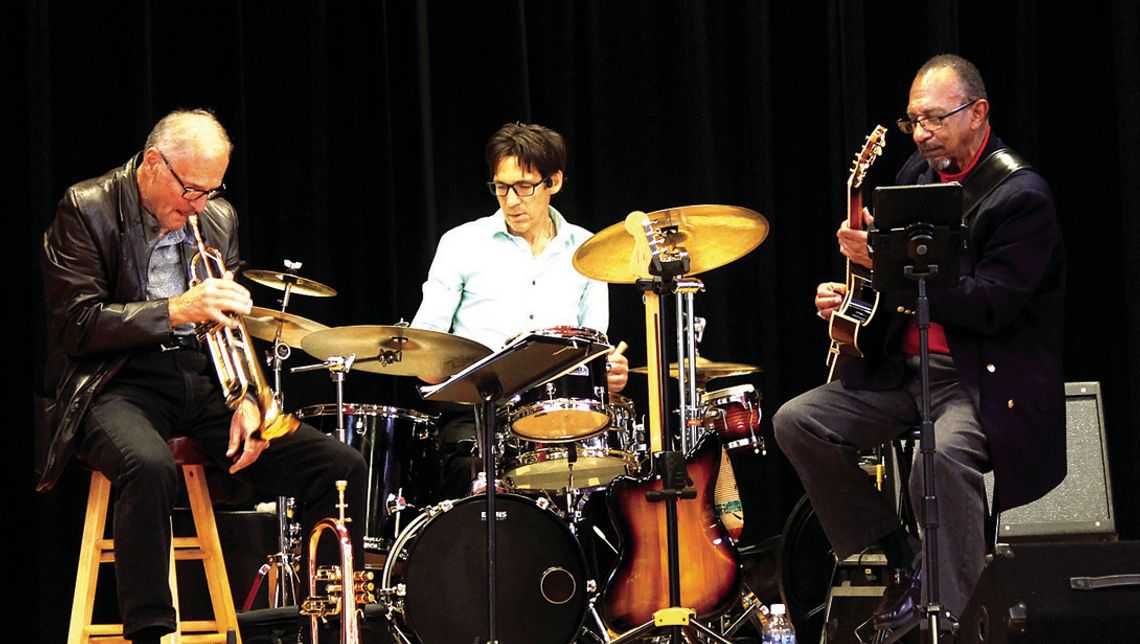Last month, the Bill Hoffman Jazztet performed at Lylburn Downing Middle School to raise money for the Jacquelin Pleasants Scholarship fund.
PLEASE LOG IN FOR PREMIUM CONTENT. Our website requires visitors to log in to view the best local news.
Not yet a subscriber? Subscribe today!



